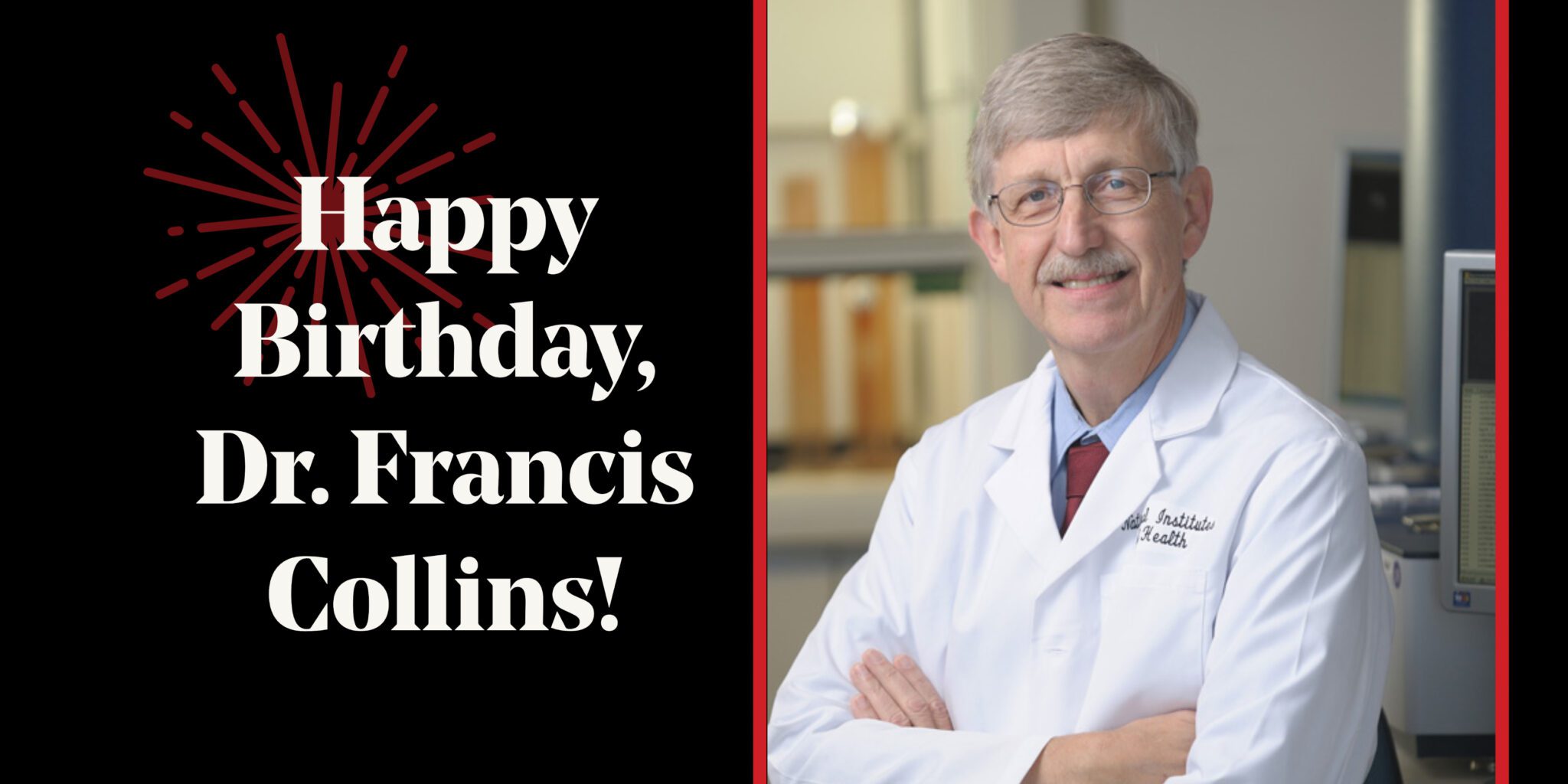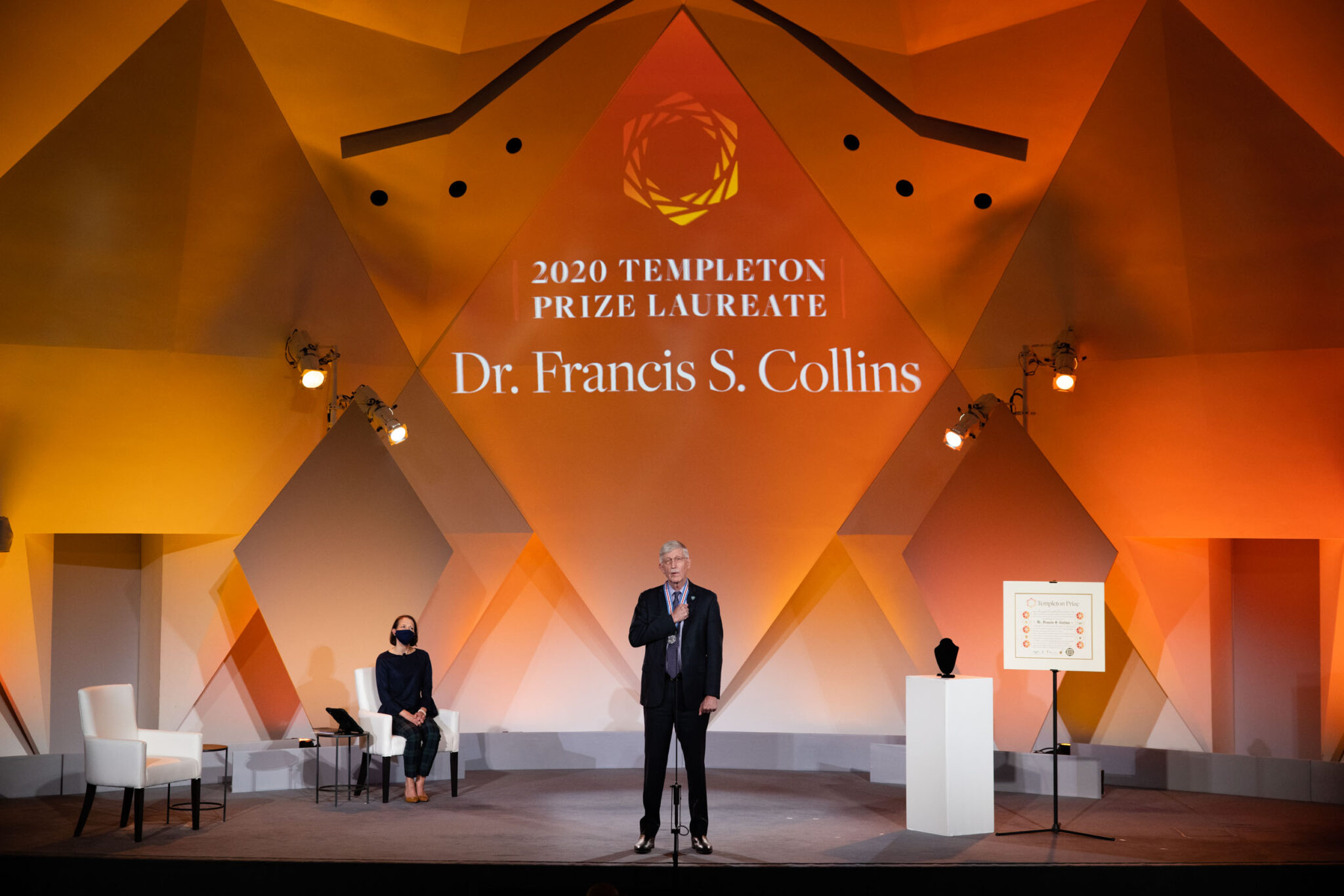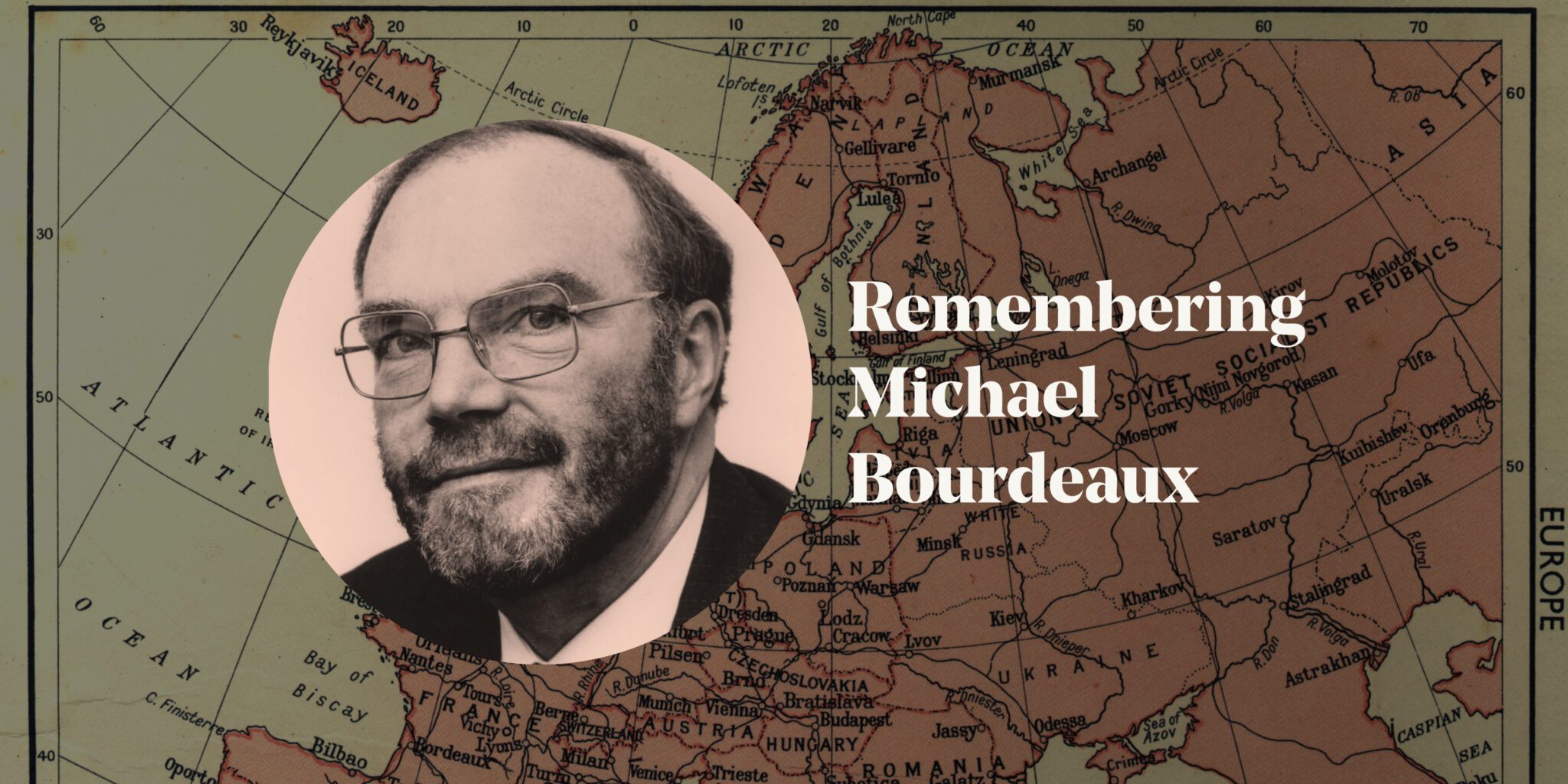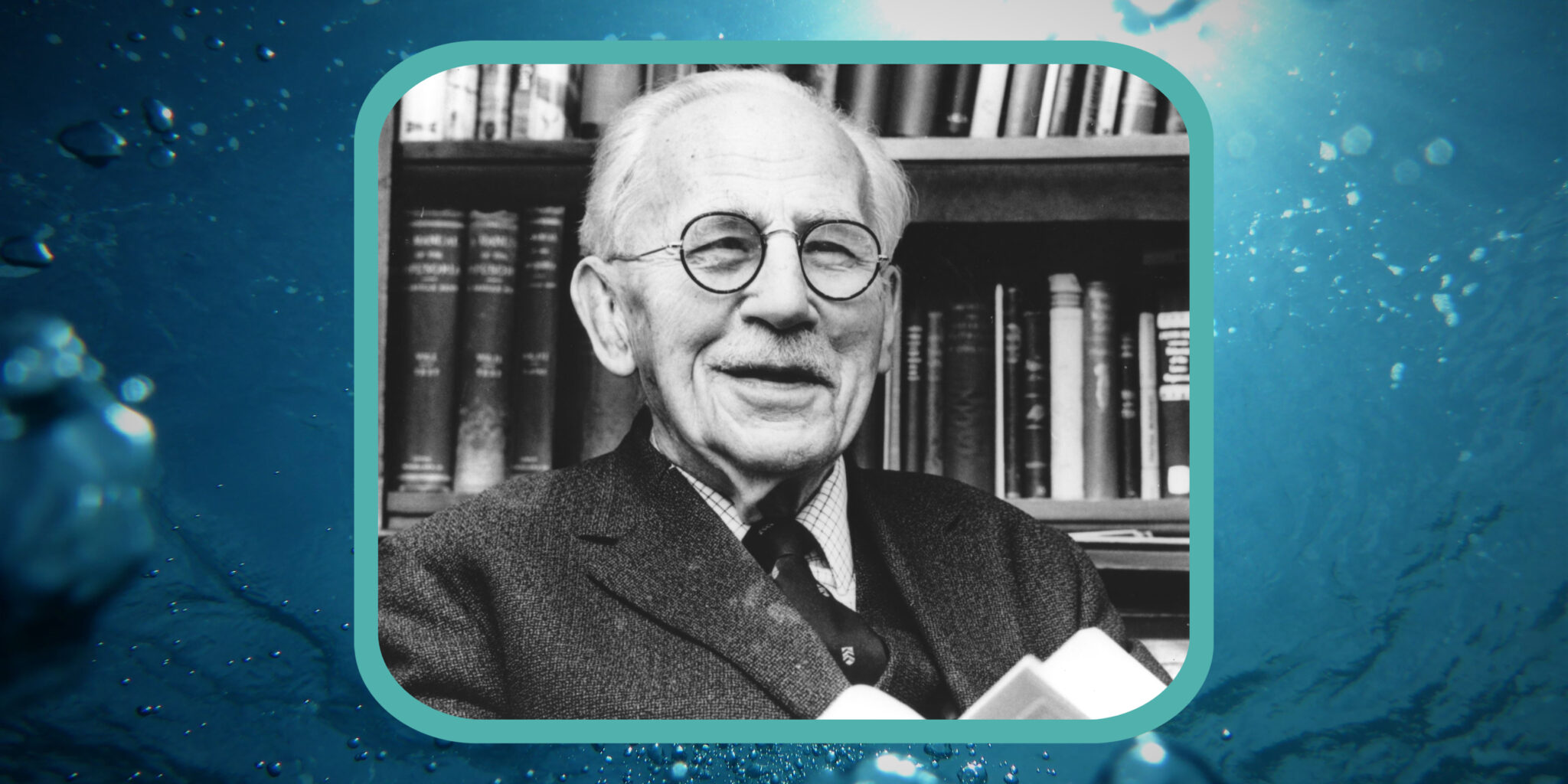On April 14th, we honor the birthday of our 2020 Templeton Prize Laureate, Dr. Francis Collins.
Dr. Collins is the former director of the National Institutes of Health, a geneticist and physician who led the pivotal Human Genome Project to completion in 2003. Throughout his career, he has continuously advocated for the integration of scientific and spiritual worldviews. To celebrate his birthday, we reflect on some of his wise words delivered during the 2020 Templeton Prize award ceremony.
-

Heather Templeton Dill awards the 2020 Templeton Prize to geneticist and physician Francis Collins, Director of the National Institutes of Health during a ceremony held at the National Academy of Sciences in Washington, DC on Sept. 24, 2020. (Photo: Chuck Kennedy)
“How might we heal our land?
Let me suggest three commitments that might help with this healing.
First, we need a renewed commitment to truth and reason. Of all the developments that cause me concern over the past few years, none is greater than the growing disregard of maintaining a high standard of objective truth. We have no future as a society if we abandon that framework. Yet somehow, with a lot of assistance from social media, the adherence to fact over fiction, to accurate narrative over conspiracy theory, has taken a major hit. All thinking persons should raise the alarm about this.
Second, we need to address the growing spiritual void that leaves many of us adrift, unmoored, feeling precarious. Angus Deaton and Anne Case write about how this has contributed to the terrible increase in deaths from drug overdose and other things – the “deaths of despair”. But there are many other consequences of our spiritual impoverishment short of death. We need to be re-anchored in those ancient spiritual truths that provide a rock upon which we can build our future. Go back to the Beatitudes from the Sermon on the Mount to see what blessings apply to the kind of life that God had planned for us: “Blessed are the poor in spirit, for theirs is the kingdom of heaven. Blessed are those who mourn, for they will be comforted. Blessed are the meek, for they will inherit the earth. Blessed are those who hunger and thirst for righteousness, for they will be filled. Blessed are the merciful, for they will be shown mercy. Blessed are the pure in heart, for they will see God. Blessed are the peacemakers, for they will be called sons of God. Blessed are those who are persecuted because of righteousness, for theirs is the kingdom of heaven.” As David Brooks has said, once you have read these, you can’t unread them. But it’s still possible to put them in the inactive file. Bring them back out!
And then third, and most importantly, we need to return to our calling to love one another. Not just those who agree with us, but also our enemies. Love is stronger than hate. You cannot pray regularly for someone and continue to despise them. One of my favorite verses about love comes from Colossians 3:12: “Therefore, as God’s chosen people, holy and dearly loved, clothe yourselves with compassion, kindness, humility, gentleness, and patience. Bear with each other and forgive whatever grievances you may have against one another. Forgive as the Lord forgave you. And over all these virtues put on love, which binds them all together in perfect unity.” Can you imagine what would happen to our fractured society if we all tried to live out this exhortation?”
—Dr. Francis Collins, 2020. Read the full speech.




